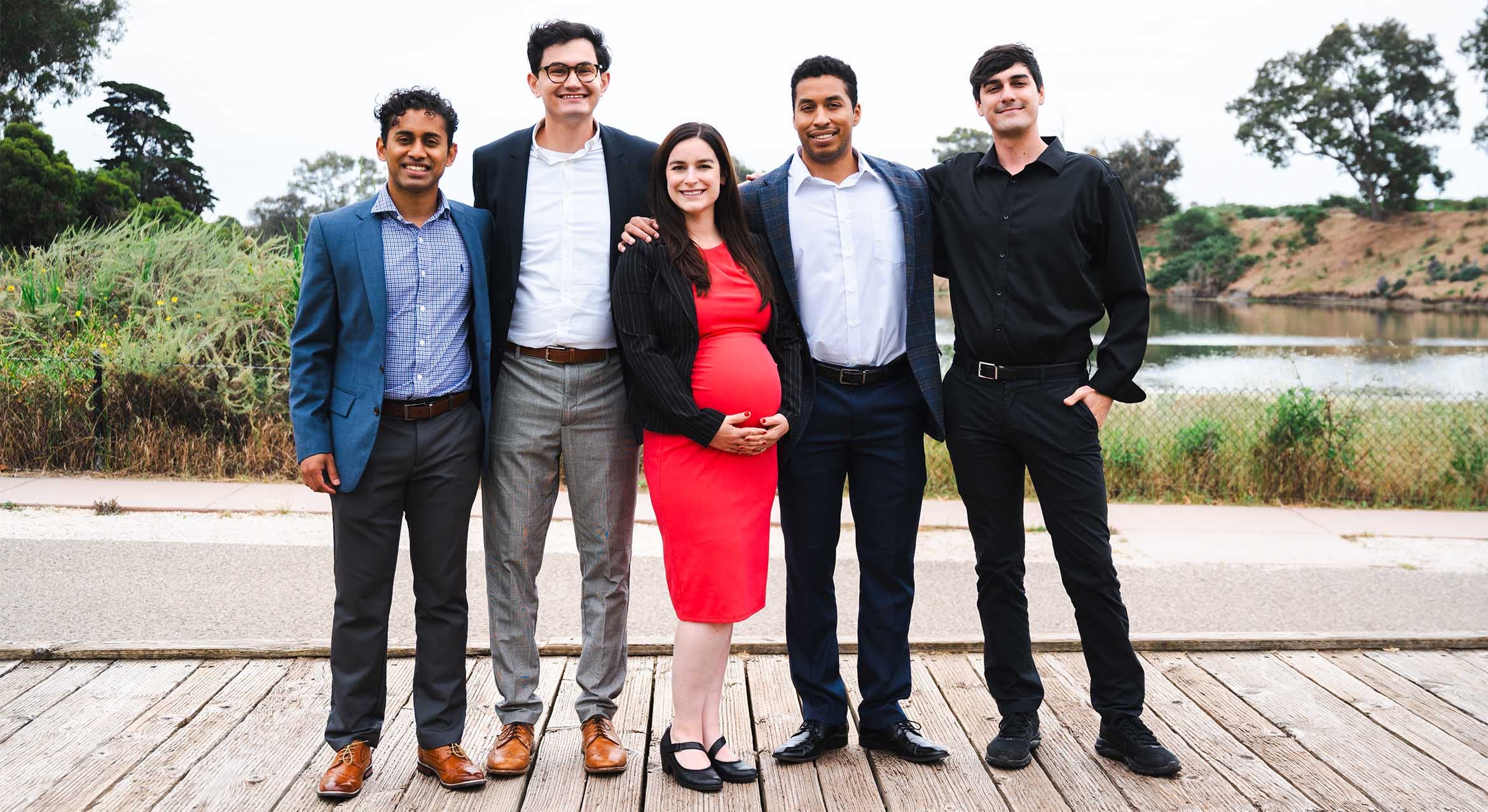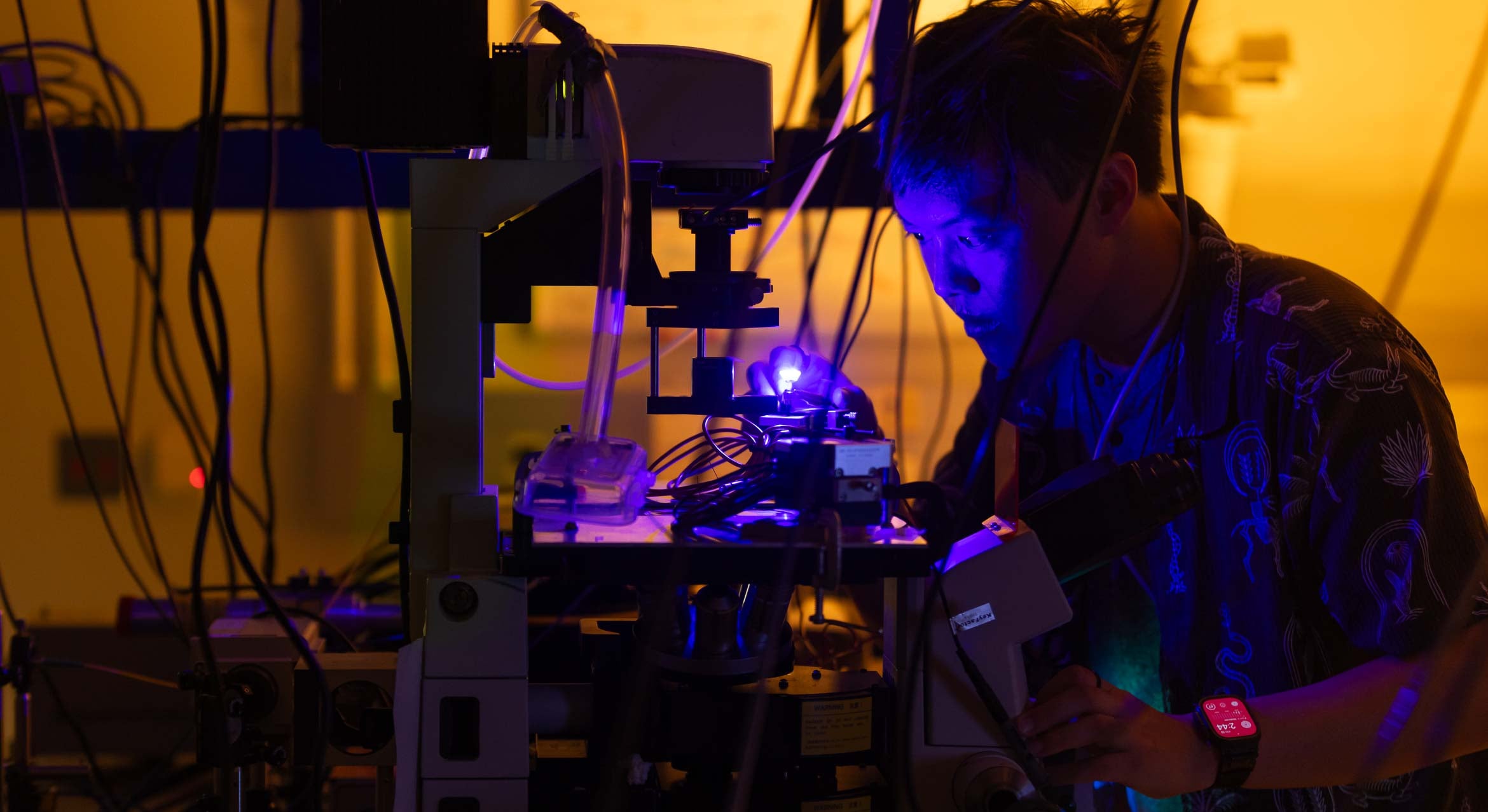Noted Scholars to Look for Common Ground in Discussion of 'Ecology, Complexity, and Metaphor'
The first of two "Dialogues in Nature, Science, and Religion" will be presented by UC Santa Barbara at 7 p.m., Thursday, Jan. 27 at Victoria Hall, 33 West Victoria St., Santa Barbara.
Simon Levin, a theoretical ecologist, and Evelyn Fox Keller, who specializes in science and technology, will discuss "Ecology, Complexity, and Metaphor."
A second dialogue, "Primates, Monks, and the Mind," will be held at 3 p.m. Sunday, Feb. 13, also in Victoria Hall, and will feature University of Toronto philosopher Evan Thompson and Emory University primatologist Frans de Waal.
Free and open to the public, the dialogues are part of the "New Visions of Nature, Science, and Religion" series, a three-year UCSB project supported by the John Templeton Foundation to try to develop a consensus view of nature that encompasses the diverse outlooks of science and religion.
Each dialogue will open with prepared remarks by each speaker. Levin, the Moffett Professor of Biology at Princeton University and winner of the 2004 Heineken Prize for Environmental Science, will open Thursday's dialogue with a discussion of biological design vs. self-organization. "I will explore the similarities and differences between designed systems and self-organized systems, with implications for cooperation, governance, and complexity," he said.
Keller, a distinguished professor in science and technology at the Massachusetts Institute of Technology, will discuss ecosystems, organisms and machines. "I am interested in words, and my overriding theme will be the term ‘self-organization,'" Keller said. "I might begin by asking what does it mean."
After suggesting some definitions, Keller will move on to "the question of ecosystems and their relation to organisms, machines, and self-organization."
ABOUT THE PROGRAM
"New Visions of Nature, Science, and Religion" is a three-year project to examine and integrate diverse views of nature from myriad scholarly perspectives. Based at UC Santa Barbara and funded in part by the John Templeton Foundation, the project has made possible the formation of an international think tank, funding for graduate research, and the development of classes and lectures designed to attract undergraduate students and the general public.
"We want to develop a new, comprehensive scholarly vision of biophysical and human nature as the basis for a new vision of science and religion," said the program's director, Jim Proctor, an associate professor of geography at UCSB,
Other goals are to create a unique research and educational climate at UCSB to promote progress in understanding nature, science and religion, and to provide a credible scholarly resource on nature, science, and religion to the public.
The 18-member international think tank is attempting to meld its divergent views of nature into something harmonious. The core group met in Santa Barbara in October to begin its work. It will meet again in the fall of 2005 and finally at the concluding conference in 2006. Along the way, guest speakers will be brought in to further the discussion. The upcoming public dialogues on January 27 and February 13 at Victoria Hall are examples.
Both are free and open to the public
The program will also bring to campus visiting professors to offer public lectures as well as faculty and student seminars. Proctor has made a special effort to ensure student involvement. "I strongly believe that this material shouldn't be so complicated that only our high-powered core participant scholars can figure it out," he said. "I really think we should find ways to introduce it throughout the educational system."
To that end, the program has awarded research or teaching assistantships and research stipends to six UCSB graduate students working on dissertations or publishable research in related areas. It plans to make nine more awards.
The program also has created an undergraduate class, Geography 22, "Nature, Science and Religion," offered for the first time this quarter. The class will also be available on-line through UCSB Extension to viewers around the world. Proctor has also devoted an ongoing graduate seminar class to the topic.
"New Visions of Nature, Science and Religion" will conclude in the spring quarter 2006 with a major international conference at UCSB that will include presentations by the core scholars and other invited guests. The public will also be welcome.
In addition to the John Templeton Foundation, "New Visions" is also supported by the Division of Mathematical, Life, and Physical Sciences in UCSB's College of Letters and Science. Numerous other UCSB entities, including the Department of Geography, the Office of Public Events, Instructional Development and Instructional Consultation, and the Institute for Social, Behavioral, and Economic Research, have also contributed to the program.
More information is available on the program's Web site, www.newvisions.ucsb.edu.
Related Links
New Visions of Nature, Science and Religion
John Templeton Foundation



